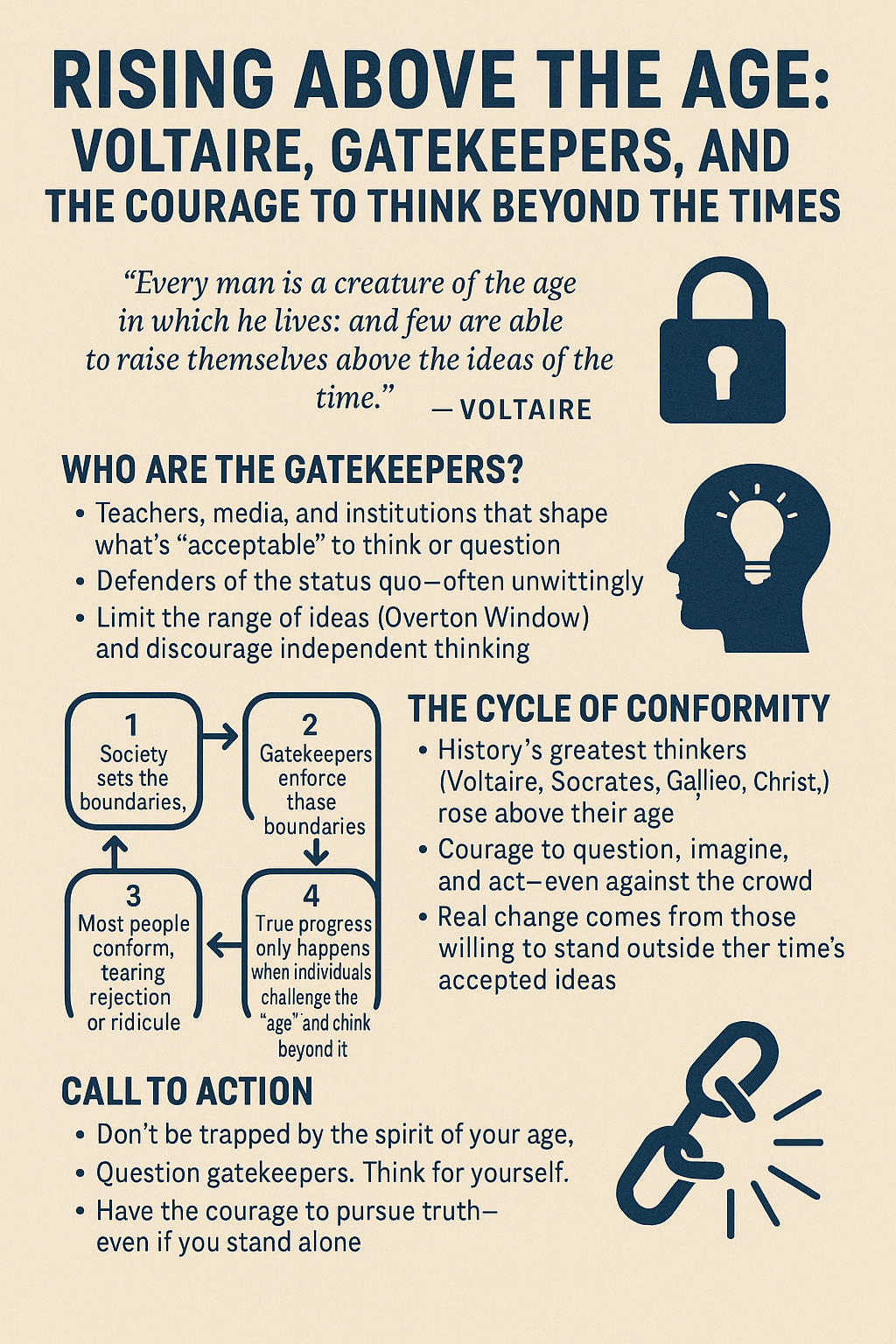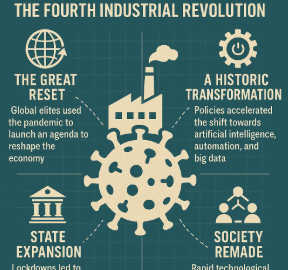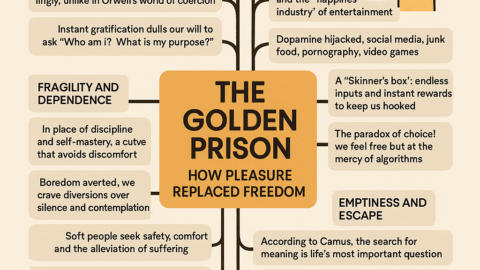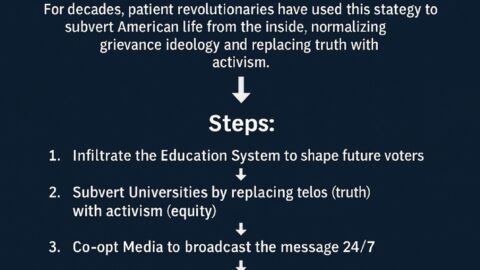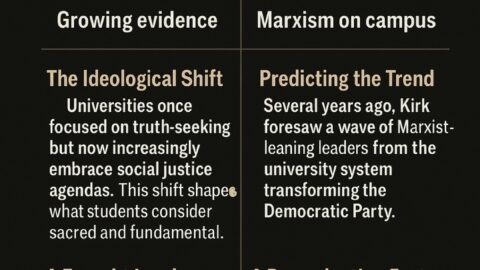“Every man is a creature of the age in which he lives and few are able to raise themselves above the ideas of the time.” – Voltaire
This statement by Voltaire is more than a historical observation; it is a challenge. It confronts each generation with a question: Can you see beyond your own programming? Can you recognize the water you swim in—the ideas, institutions, norms, and comforts that silently shape your behavior, your morality, your understanding of freedom, and your allegiance?
The Age We Live In: Cultural Captivity and Cognitive Containment
We live in an era saturated with information, yet starved for wisdom. Most individuals remain unconsciously molded by their age because:
- They are born into a system designed to produce conformity, not character.
- Gatekeepers—teachers, bureaucrats, media hosts, and religious authorities—often function as enforcers of this conformity, knowingly or not.
- The system is systemic—meaning it reproduces itself structurally and ideologically across institutions, making it nearly invisible to those within it.
- Maslow’s Hierarchy of Needs is weaponized. Institutions target the lower levels (physiological needs, safety, belonging) to keep people preoccupied, afraid, distracted, and controllable.
- The comfort zone becomes a trap. The fear of rejection, financial loss, or ridicule keeps most people from climbing toward the learning and growth zones—especially Level 5: Self-Actualization.
Generational Decline and the Slippery Slope
As captured in “The Slippery Slope: What One Generation Tolerates, the Next Embraces,” this inability to transcend one’s age leads to moral decay:
- Parents prioritize safety and pleasure over sacrifice and discipline.
- Schools teach obedience and performance metrics rather than discernment and moral courage.
- Citizens embrace dependence, consumption, and compliance rather than self-reliance, virtue, and liberty.
These shifts are predictable. They’re charted by Tytler’s Cycle of Nations, Neil Howe’s generational theory, and the fragile chain of freedom. Comfort gives birth to apathy. Apathy enables corruption. And gatekeepers keep the carousel spinning. The result is a systemic slide into bondage, fueled by unconscious conformity and institutional stagnation.
The Two Paths: Babylon or Zion
Every society, every individual, ultimately faces the choice between two civilizations:
- Babylon: comfort, conformity, pleasure, performance, pride.
- Zion: sacrifice, consecration, truth, courage, and intrinsic transformation.
Those who remain trapped in Babylon’s ideas become fragile, shallow, and spiritually blind—unable to see the cost of their ease. Zion requires the mind to stretch beyond the age, to see eternal truths over temporary trends.
Breaking Through: What It Takes to Rise
To rise above the age means to:
- Develop a frame of reference that transcends the propaganda of your time.
- Think principle-centered rather than approval-centered.
- Recognize the role of indoctrination, neural pair bonding, and cultural grooming.
- Confront the fear of standing alone.
- Cultivate moral intelligence and emotional discipline.
This is not merely academic—it is deeply spiritual. Jesus Christ, the prophets, and the true radicals of every age did not conform to the ideas of their time. They were killed, mocked, or forgotten in their day… and glorified only later. They planted seeds others would harvest.
Final Reflection
Voltaire’s words echo as both indictment and invitation. Most are products of their time. Few rise to become prophets of timeless truth. Will we be swallowed by our generation—or stand, stretched and scarred, as transitional characters who blaze a path toward something higher?
That is the question every soul must answer.
Integrated Framework Elements:
- Voltaire’s quote as foundational lens
- Tytler’s Cycle (especially the yellow to red transition)
- Maslow’s Hierarchy & Growth Zones
- The Slippery Slope generational model
- Babylon vs Zion civilization framework
- Role of gatekeepers
- Systemic indoctrination & institutional stagnation
- Neural pair bonding, propaganda, unconscious distortion
- Principle-centered thinking (Covey, Gileadi, Arbinger)
- Neil Howe’s Generational Theory

